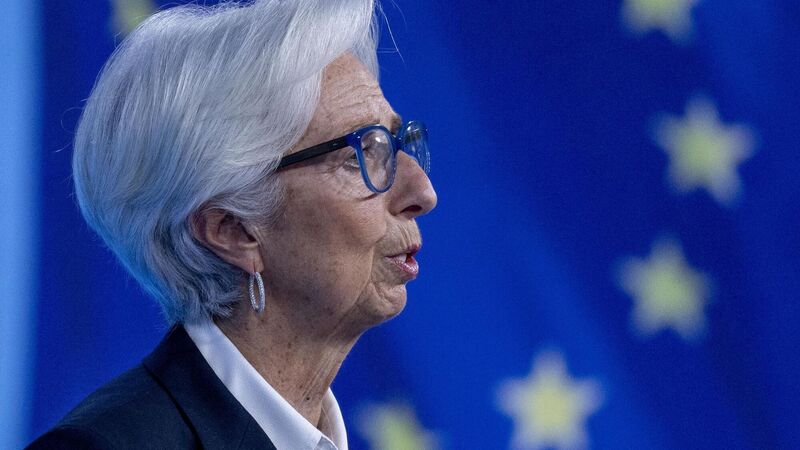Markets bet ECB will hike interest rates aggressively by 1% this year

ECB president Christine Lagarde said a first interest-rate increase may follow “weeks” after net bond-buying ends early next quarter, joining a growing crowd of policy makers signaling a move as soon as July.
Traders have priced in a more aggressive pace of monetary policy tightening from the ECB after an official raised the prospect of larger rate hikes this year.
Governing Council member, Klaas Knot, said he supports a quarter-point increase in July and that a bigger move may be justified if data show inflation worsening.














